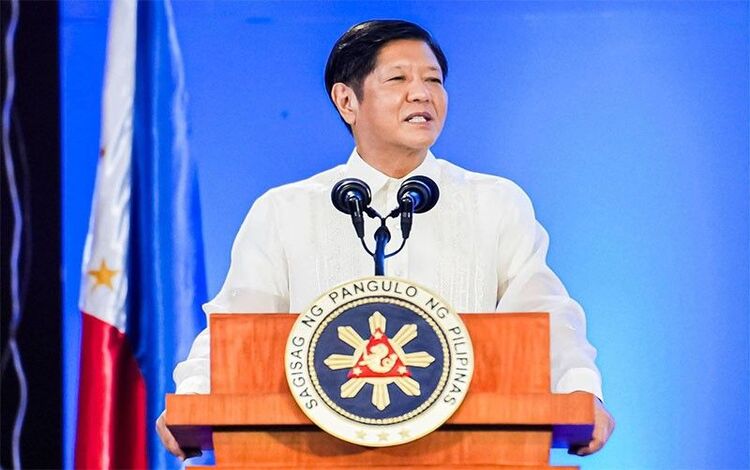President Ferdinand Marcos Jr. has acknowledged that one of the main goals behind implementing the K-to-12 curriculum was to improve the employability of graduates. However, he claimed that this objective has not been achieved. Speaking in an ambush interview in Sulu on Friday, July 5, Marcos explained the rationale for the K-to-12 system. “If you remember, ginawa natin yung K-12 dahil hinahanap ang years of training sa ating mga nag-a-apply at sinasabi dito sa Pilipinas, kulang dahil 10 years lang, kailangan 12 years (we pushed for K-12 because the required years of training upon job employment is 12 years, the Philippines was only giving 10 years). So, that was the reason we did it para employable yung mga graduate natin (to make the graduates employable),” he said.

Despite these intentions, Marcos admitted that the anticipated improvements in employability have not materialized. “Pero kung titingnan natin ang naging resulta, hindi naging — hindi tumaas, hindi gumanda ang employability nila (But if we look at the result, it did not increase, their employability did not improve). So, we have to do something else,” he emphasized. This statement came in response to a question about whether the appointment of incoming Education Secretary Sonny Angara would signal a shift in the country’s education policy. Marcos suggested that changes might be on the horizon, responding with “maybe a little bit.”
To address the shortcomings of the K-to-12 system, Marcos proposed the introduction of short-term specialty training courses. These mini courses, ranging from three months to a year, aim to equip students with specific skills in high demand within various industries. “[W]e were examining things like mini courses, yung mga tatlong buwan, anim na buwan, one year, short courses para sa mga specialty (three months, six months, one year, short courses for specialty),” Marcos explained. He stressed the importance of coordinating with the private sector to ensure a steady supply of skilled workers tailored to industry needs. This collaboration would not only enhance the employability of graduates but also guarantee that businesses have access to a competent workforce.
Marcos also underscored the need to improve the Science, Technology, Engineering, and Mathematics (STEM) strand within the curriculum. He pointed out that Filipino students have been lagging in international assessments, particularly in STEM subjects, which are increasingly vital in a technology-driven world. “The second part that we are looking at, of course, are the results in the international objective test that we are getting, especially in the STEM subjects because that’s where we are falling behind and that is the area — that is most in demand right now because we’re getting more and more technical,” he said.
In summary, while the K-to-12 curriculum was introduced to enhance employability, the expected results have not been achieved. President Marcos is now advocating for short-term specialty courses and stronger ties with the private sector to better prepare graduates for the workforce. Additionally, there is a focus on strengthening the STEM curriculum to ensure students are competitive in a technology-driven job market.
